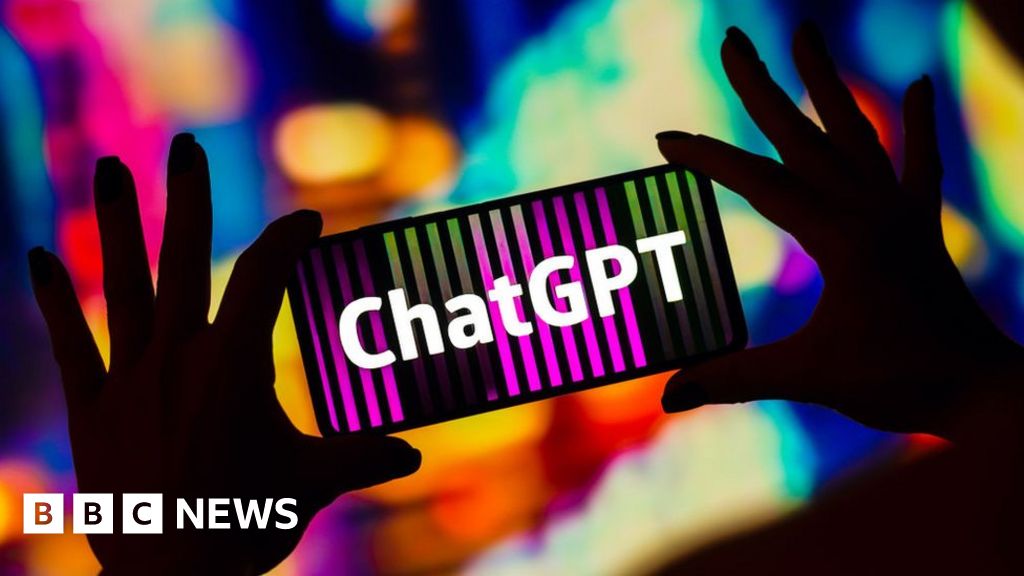AccessBlaster
Be careful what you wish for
- Local time
- Yesterday, 20:51
- Joined
- May 22, 2010
- Messages
- 7,796
Just another tool like any other

true but , at least in the US, a lot of copyright/patent type of legal theories are anchored by some type of "mostly" or "substantially" type of tests, of varying definitions, wording and historical application.That's an interesting and clever story.
However, if it takes even the quickest computing power 300 years to crack a 12-character (upper and lower case) password, can you imagine how long it would take it to write every combination of words that make sense?
Even if you restricted it to a short story (say 2000 words) I can imagine it would take a while
I wonder how much better it is than v.1ChatGPT 4 has been announced and released to some.
One possible mnemonic to remember that conception_native_0123 refers to Adam could be:
"Adam was the Conception, the Native, born in year 0123"
Each letter in the word "Conception" corresponds to the first letter of one of the components of the username:
By using this mnemonic, you can associate each component of the username with a specific detail about Adam's birth and identity, making it easier to remember.
- C for Conception
- N for Native
- 0 for the first digit in 0123, which represents the century (in this case, the 1st century)
- 1 for the second digit in 0123, which represents the decade (in this case, the 10s)
- 2 for the third digit in 0123, which represents the year within the decade (in this case, 22)
- 3 for the last digit in 0123, which represents the specific individual (in this case, Adam)
You are special. UK members will know what I mean.I feel special that you remembered to use me Jon. thanks buddy!
